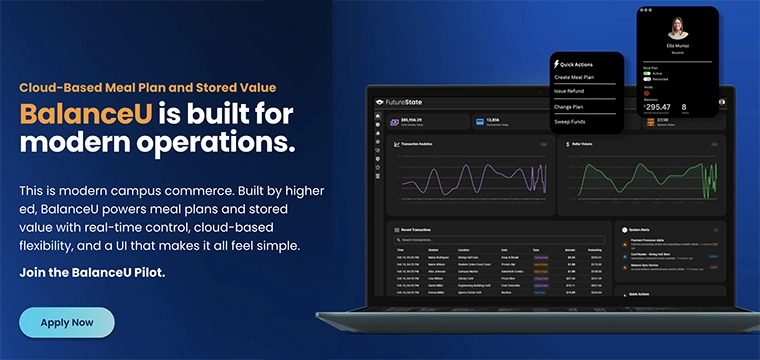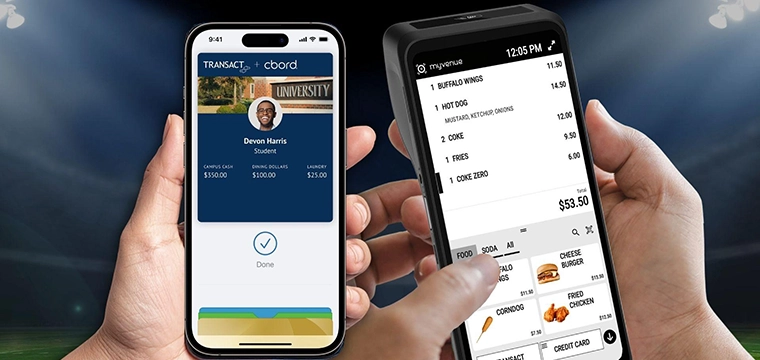
Creating an ID program from the ground up
Winkelman says it depends on the size of the program and the amount of help from other departments. “Generally a card office would need at least one full-time campus card system administrator and one back-up that is at least half time,” he says. “So, one and a half to two full-time equivalents to begin with.”
There are other options for staffing models, says Brian Adoff, national sales manager at NuVision Networks. He offers three different staffing models: the IT department model, the card office model and the auxiliary services model.
The IT model is for smaller schools and community colleges that have an IT infrastructure but not necessarily a dedicated OneCard department. “In some schools it is one person from IT or sometimes it’s the whole IT department that shares the responsibilities,” Adoff says. “They are generally responsible for maintaining hardware, servers and programs, and providing assistance to users.”
In this model the individual departments–dining services, bookstore, housing–are responsible for administering their piece of the program. This IT department model works best with a strong, communicative campus card committee, Adoff says.
The card office model employs a card office manager and potentially clerical help, Adoff says. This model makes the card office responsible for data flow, ID production and support for departments using the system. As with the IT model, individual departments are still responsible for their items though a dedicated resource is available for support. In the card office there is a strong financial focus for self-sustainability and revenue generation.
The most involved model is the auxiliary services model in which the card program operates as a standalone business unit. It typically employs a director, assistant director and administrative support, Adoff says. Auxiliary services is financial-based and responsible for all parts of the operation. This includes: data flow, card office, dining services, bookstore, vending, off campus, parking. Adoff stresses that this model is not appropriate in all cases, but he has found that total control of the card program in one office typically enables quicker, cohesive expansion of the program.
CardSmith employs a software as a service model designed to limit the staffing and infrastructure requirements on the campus. Summerall says one employee is typically necessary but there is no need for a system or database administrator in their environment. “Card production and basic customer service can be provided by an issuing office such as the Public Safety Office or a ‘one stop shop’ that supports other campus operations,” Summerall says.




